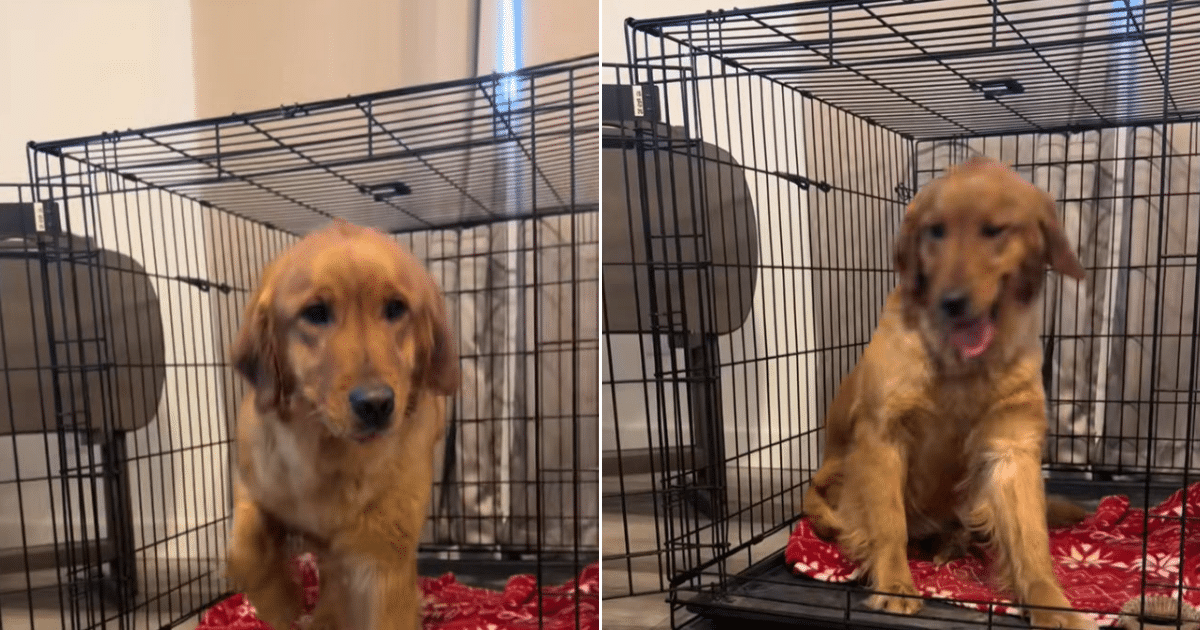Can Dogs Eat Salami? Think again. Discover the hidden ingredients that harm dogs, symptoms to watch for, and vet-approved protein treats that are actually safe.
Key Takeaways
- Salami is not a safe treat for dogs. While it may be tempting to share your snack, salami contains ingredients that can be harmful to your pet.
- High sodium levels in salami can lead to serious health problems like dehydration, sodium ion poisoning, and even kidney damage in dogs.
- Fatty foods like salami can trigger pancreatitis, a painful condition that may require veterinary treatment.
- Preservatives and spices in salami, such as garlic and pepper, can be toxic to dogs, leading to stomach upset or worse.
- Moderation is key if you ever offer salami—it’s best to avoid it altogether to be safe.
It’s natural for dog owners to want to share a little bit of what they’re eating with their pets, and salami might seem like an easy treat to offer. But before you give in to those puppy eyes, it’s important to consider whether salami is safe for your dog. While one small slice may not be immediately harmful, salami is generally not a good choice for dogs due to its high fat, sodium, and seasoning content.
Salami can pose several health risks for dogs, from digestive issues to more serious complications like pancreatitis or kidney damage. Let’s explore why this snack isn’t a good fit for your furry friend and what you should consider before sharing it.
Was this information helpful? You can support all our efforts to help people and pets by donating today.
Why Is Salami Dangerous for Dogs?
1. Why is Salami High in Sodium Dangerous for Dogs?
One of the biggest dangers of salami for dogs is its extremely high sodium content. Dogs’ bodies are much more sensitive to salt than ours, and consuming too much can lead to sodium ion poisoning, a condition that affects their organs and nervous system.
Warning: Sodium Ion Poisoning
If your dog ingests too much salami, watch for the following symptoms of sodium poisoning:
- Vomiting
- Diarrhea
- Increased thirst or urination
- Lethargy or weakness
- Seizures (in severe cases)
If you notice these signs, contact your veterinarian immediately. Sodium ion poisoning can be life-threatening if not treated promptly.
Why it matters:
Sodium is an essential nutrient, but dogs only need a small amount. When they consume too much, it can throw off their electrolyte balance, leading to dehydration, kidney problems, and even seizures.
2. Can Salami Cause Pancreatitis in Dogs?
Salami is also packed with fat, which is another reason it should be avoided as a dog treat. Foods that are high in fat, especially processed meats like salami, can trigger pancreatitis in dogs.
Warning: Pancreatitis
Pancreatitis is inflammation of the pancreas and can cause severe discomfort. Symptoms to watch for include:
- Vomiting
- Loss of appetite
- Abdominal pain (your dog may appear hunched or cry when touched)
- Diarrhea
- Fever
If your dog shows any of these signs, seek veterinary care right away. Pancreatitis can be very serious and requires professional treatment.
Why it matters:
The pancreas is responsible for producing enzymes that help digest food. When it becomes inflamed, it can disrupt digestion and lead to a range of health issues, some of which are potentially life-threatening.
3. What About the Preservatives and Spices in Salami?
Many types of salami contain preservatives like nitrates and nitrites, which can be harmful to dogs. Some varieties also have spices like garlic, onion, or pepper, all of which are toxic to pets in even small amounts.
Warning: Toxic Spices and Preservatives
Symptoms of toxicity from ingredients like garlic and onion include:
- Drooling
- Weakness or lethargy
- Vomiting
- Diarrhea
- Bloody urine
If you suspect your dog has consumed a food with these toxic ingredients, contact your vet immediately.
Why it matters:
Garlic and onions can cause oxidative damage to your dog’s red blood cells, potentially leading to anemia. Nitrates and nitrites can also be harmful, potentially causing digestive distress or even more severe reactions.
4. Can One Bite of Salami Harm My Dog?
If your dog snatches a small piece of salami when you’re not looking, it’s unlikely to cause immediate harm. However, it’s important to recognize that even small amounts can still put stress on their digestive system or contribute to issues like dehydration or an upset stomach.
Why it matters:
It’s easy to think that a tiny snack won’t hurt, but repeated consumption of high-fat, high-sodium foods like salami can lead to chronic health issues over time.
What to do:
If your dog eats a tiny amount of salami, monitor them closely for any signs of distress. If you notice anything unusual, contact your vet to discuss your concerns. It’s always better to be safe than sorry when it comes to your dog’s health.
5. Can I Give My Dog a Treat After Eating Salami?
If your dog has accidentally consumed a small amount of salami, avoid giving them any other fatty treats for the day. Stick to bland foods or treats that are easy on their stomach, like plain rice or chicken.
What to do:
Make sure your dog has access to fresh water at all times, as dehydration can occur from too much salt. Keeping their diet as simple as possible will help reduce any stress on their digestive system.
While it may be tempting to share a bite of your salami with your dog, it’s best to avoid it altogether. Salami is high in sodium, fat, and spices, which can lead to serious health issues, including pancreatitis, sodium poisoning, and toxicity from preservatives or spices. While an occasional small piece might not cause immediate harm, it’s safer in the long run to keep this treat to yourself.
Final Call to Expert Consultation
Remember, every dog is different, and health conditions vary from pet to pet. If you’re ever unsure about whether a certain food is safe for your dog, it’s always best to consult with your veterinarian. They can give you personalized advice and help ensure your pet stays happy and healthy.
FAQs
Can dogs eat pepperoni or salami?
No, pepperoni and salami are both high in sodium, fat, and preservatives, making them unsafe for dogs.
What should I do if my dog eats too much salami?
If your dog eats a large amount of salami, watch for symptoms like vomiting, diarrhea, or lethargy. Contact your vet immediately.
Are there any safe alternatives to salami for dogs?
Yes, safe alternatives include small pieces of lean meats like chicken, turkey, or special dog treats made for their dietary needs.
How much salt is too much for a dog?
Dogs should consume no more than 1 gram of sodium per 100 grams of food. Excessive salt can lead to dehydration and sodium ion poisoning.
Can salami cause a dog to vomit?
Yes, the high-fat content in salami can irritate your dog’s stomach and lead to vomiting or diarrhea.
How can I prevent my dog from eating something harmful like salami?
Keep human food out of reach, and consider training your dog to avoid begging or sneaking food.
What are the signs of pancreatitis in dogs?
Signs include vomiting, loss of appetite, abdominal pain, and diarrhea. If you notice these symptoms, seek immediate veterinary care.
Can a small piece of salami kill a dog?
While one small piece might not be fatal, repeated consumption of salty, fatty foods like salami can cause long-term health issues, including kidney problems or pancreatitis.
By following these tips and guidelines, you can help keep your dog safe while making informed decisions about their diet. Always consult with your vet if you’re uncertain about what treats are appropriate for your pet.



















 English (US) ·
English (US) ·